Removal of merchant discount rate (MDR) brings opportunity for OMC
By MYBRANDBOOK
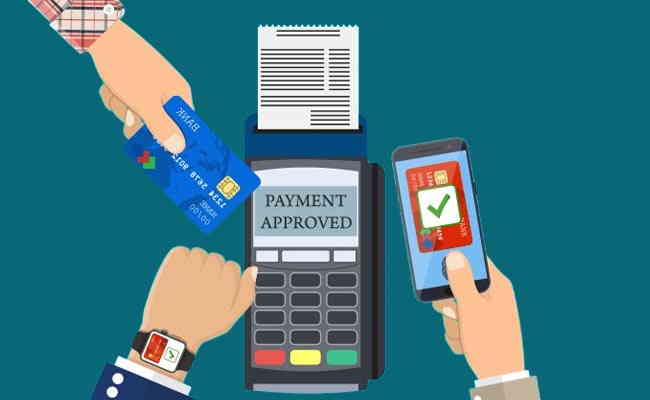
India’s acceptance of digital payment modes will accelerate with this kind of change on more payments options. With the intention of making zero fees to merchants will lead to more acceptance of digital payments. Oil marketing companies will save ₹400-500 crore annually every year with the proposed removal of merchant discount rate (MDR)
MDR is a card transaction fee paid by the merchant—in this case, the fuel company—and shared by banks which put up the swipe machine and issue the card, and payment networks like Visa and Mastercard and the MDR is not passed on to customers. MDR is a charge levied for facilitating a digital transaction and is generally distributed among various parties. Currently, merchants bear the cost of MDR that is around Rs 12-15 per transaction.
Merchant Discount Rate (MDR) subsidy, that was issued by govt last year in December, to waive off all transactions fee from digital transaction upto Rs 2000 and reimburse banks, is still due. The scheme has started in January 2018 and no payment has been made to payment aggregators .Those firms were having 20 basis points (on an average) for each transaction through debit cards until December 31, 2017. Later, RBI capped the MDR to 0.4 per cent of the transaction value for transactions up to Rs 2000.
The govt has to pay the above mentioned per cent to banks instead of merchants. Here, banks will be responsible to pay all parties. To promote digital transaction via low-cost digital payments modes such as BHIM UPI, UPI-QR Code, Aadhaar Pay, Debit cards, NEFT, RTGS, the government has proposed to abolish all charges levied on merchants or customers who perform transactions through these modes.
The present Union Budget 2019, FM Nirmala Sitharaman has announced, that there should be no charge on merchant discount rate (MDR) for companies with more than Rs 50 crore turnover accepting payments through digital means.
As of now, the government doesn’t levy charges on transaction up to Rs 2,000 via debit cards, BHIM and other UPI-enabled payments apps. Whereas, the banks and payment firms have keen on having this issue sorted out.The move faced criticism from payment firms, who think this will lead to more job losses.
The decision might affect digital payments growth in the long run and it will hurt payment firms including banks and merchant onboard on them, banks said.


Nazara and ONDC set to transform in-game monetization with ‘
Nazara Technologies has teamed up with the Open Network for Digital Comme...

Jio Platforms and NICSI to offer cloud services to government
In a collaborative initiative, the National Informatics Centre Services In...
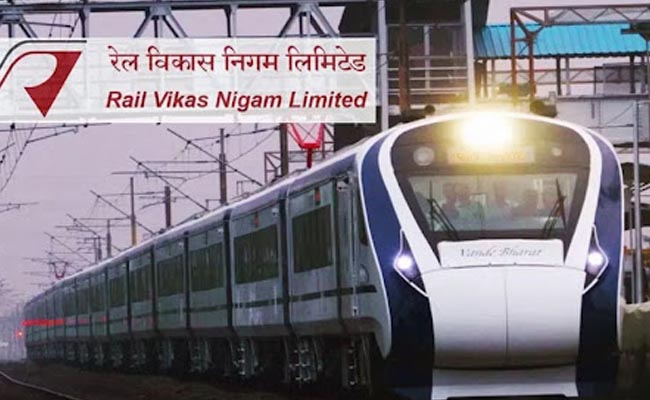
BSNL awards ₹5,000 Cr Project to RVNL-Led Consortium
A syndicate led by Rail Vikas Nigam Limited (abbreviated as RVNL), along wi...
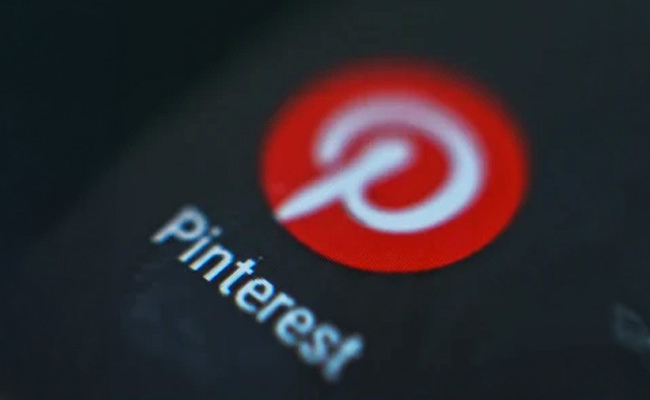
Pinterest tracks users without consent, alleges complaint
A recent complaint alleges that Pinterest, the popular image-sharing platf...

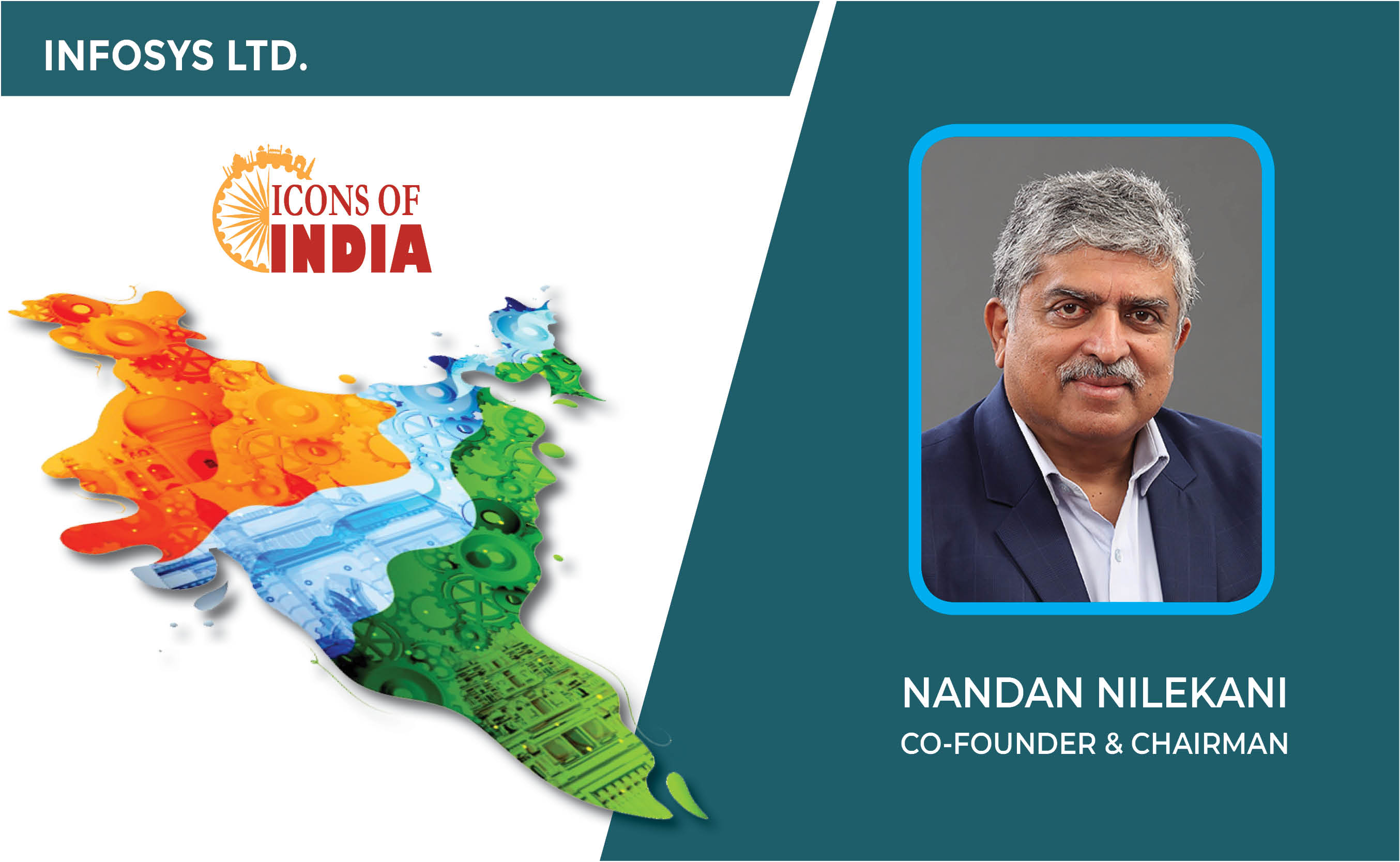
Icons Of India : NANDAN NILEKANI
Nandan Nilekani is the Co-Founder and Chairman of Infosys Technologies...
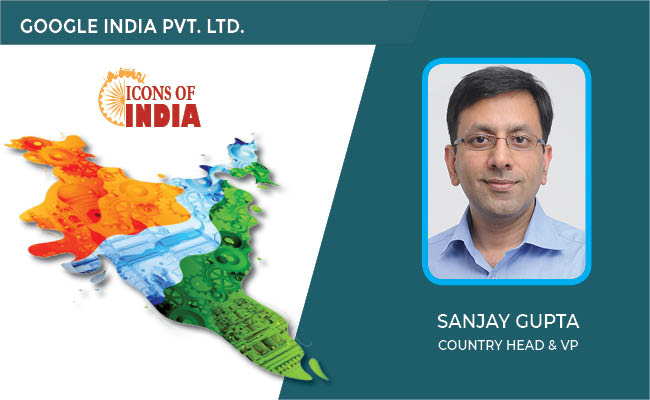
ICONS OF INDIA : SANJAY GUPTA
Sanjay Gupta is the Country Head and Vice President of Google India an...
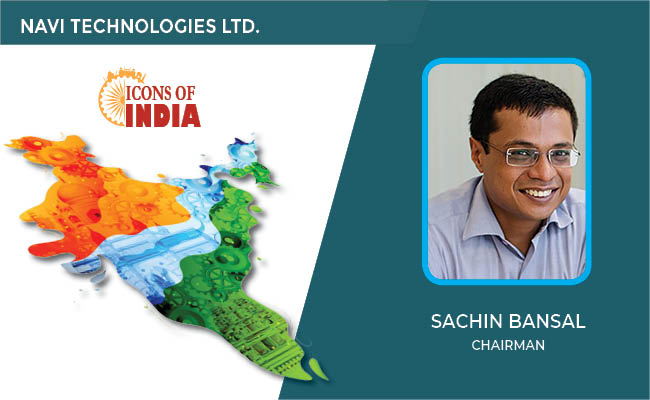
ICONS OF INDIA : SACHIN BANSAL
Sachin Bansal is an Indian entrepreneur. He is best known as the found...


STPI - Software Technology Parks of India
STPI promotes and facilitates the growth of the IT and ITES industry i...
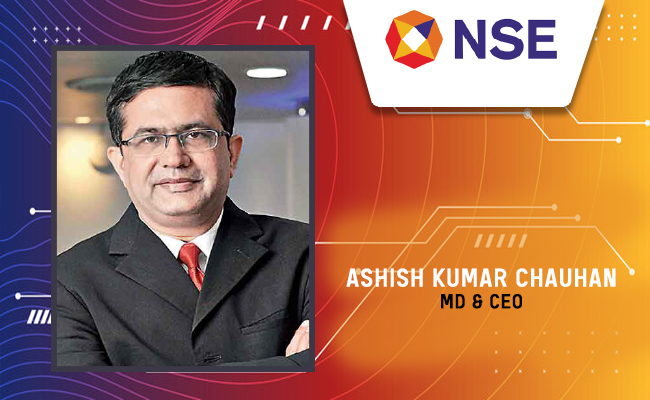
NSE - National Stock Exchange
NSE is the leading stock exchange in India....

ECIL - Electronics Corporation of India Limited
ECIL is distinguished by its diverse technological capabilities and it...

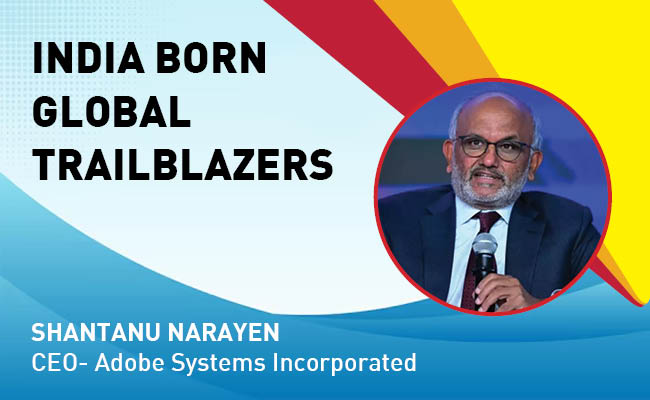
Indian Tech Talent Excelling The Tech World - Shantanu Narayen, CEO- Adobe Systems Incorporated
Shantanu Narayen, CEO of Adobe Systems Incorporated, is renowned for h...

Indian Tech Talent Excelling The Tech World - Sanjay Mehrotra, CEO- Micron Technology
Sanjay Mehrotra, the President and CEO of Micron Technology, is at the...

Indian Tech Talent Excelling The Tech World - George Kurian, CEO, Netapp
George Kurian, the CEO of global data storage and management services ...